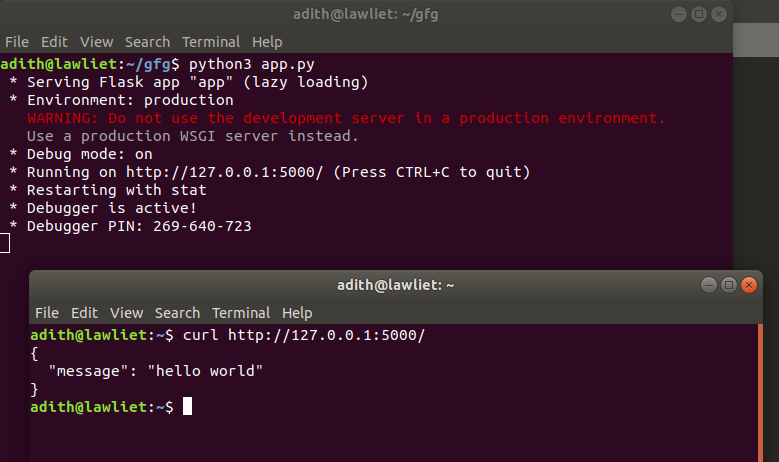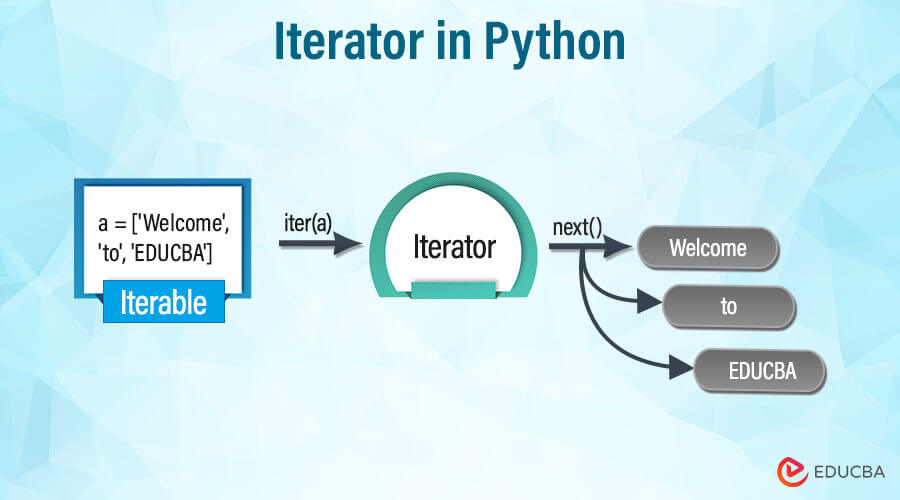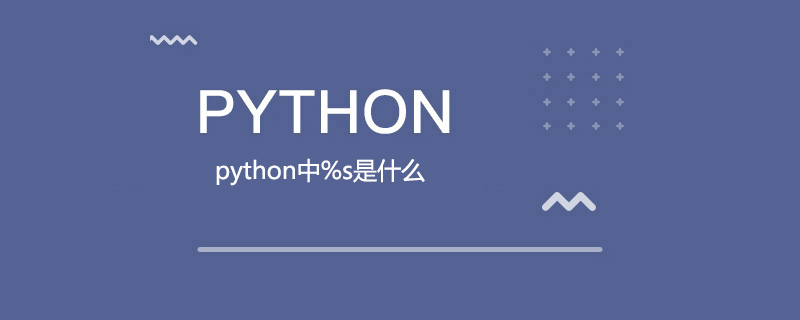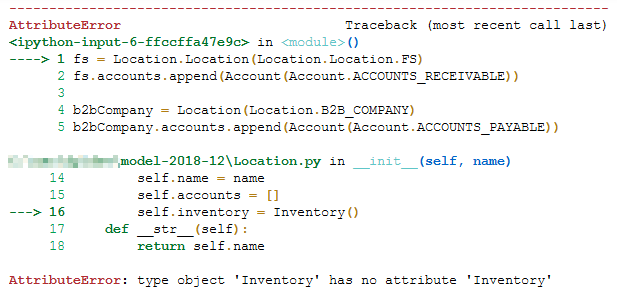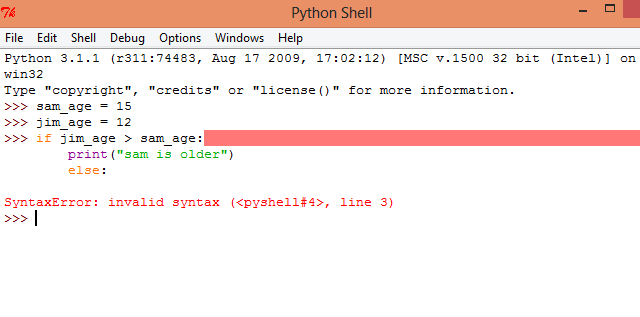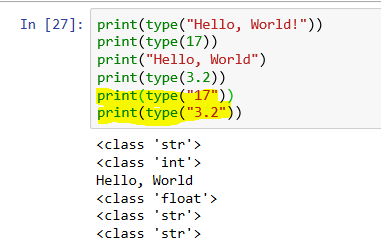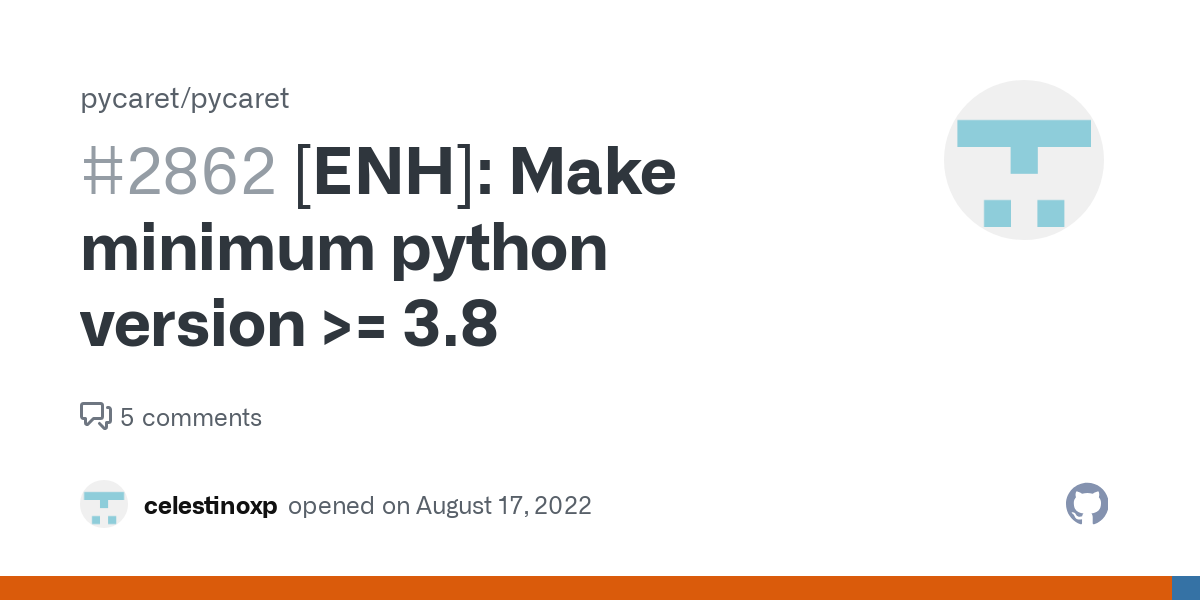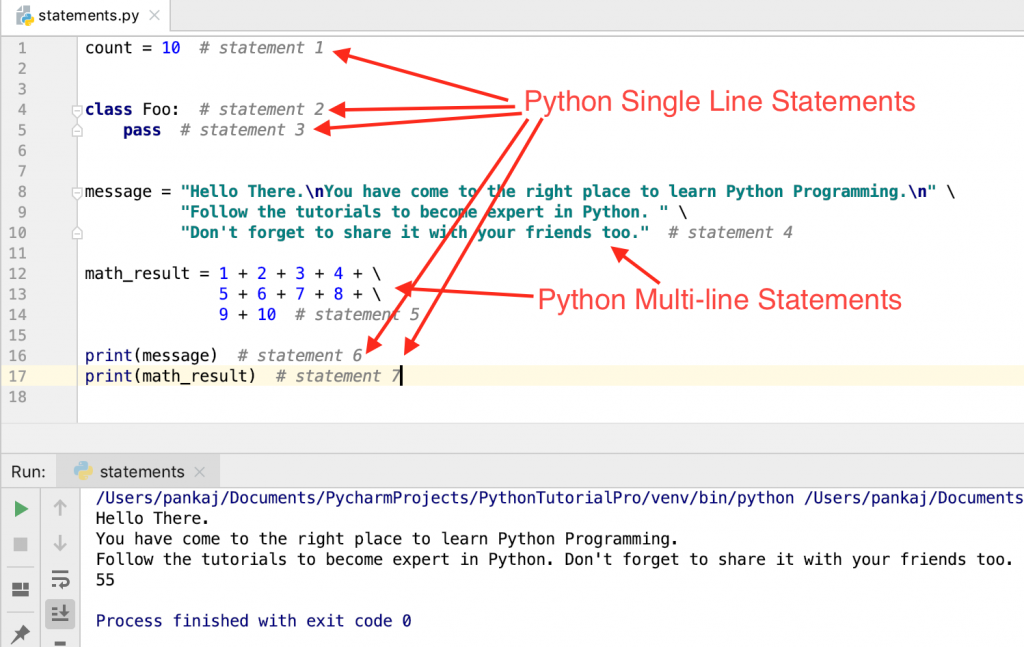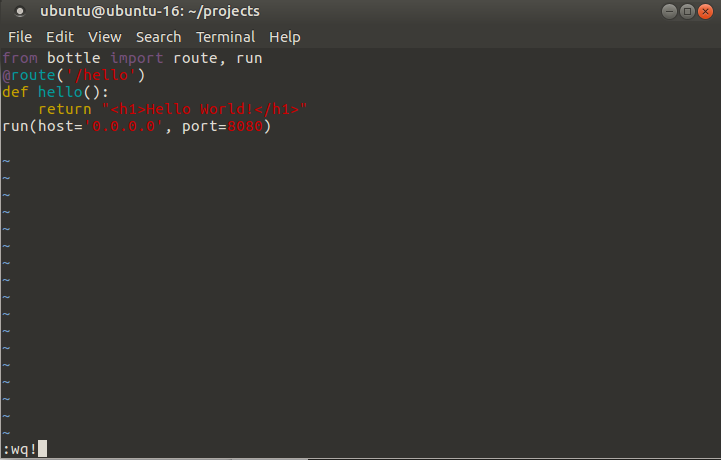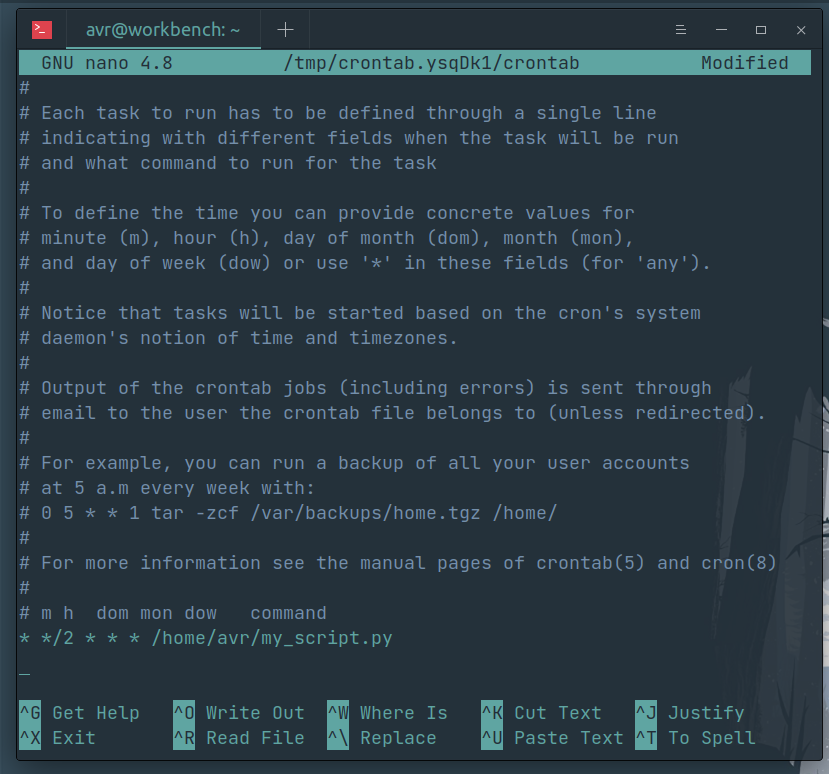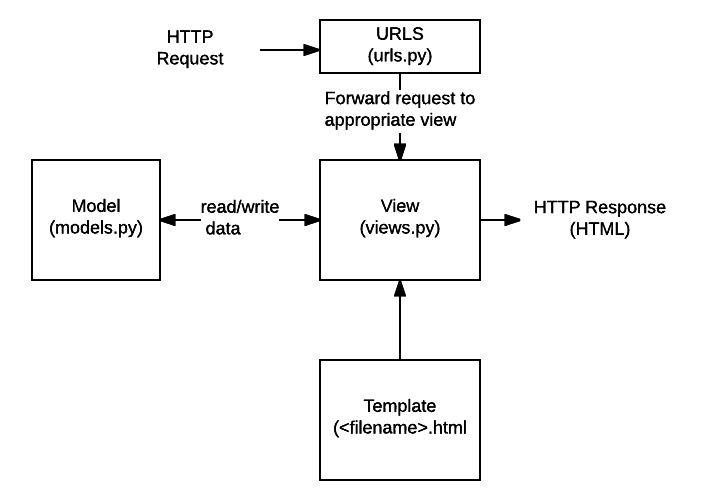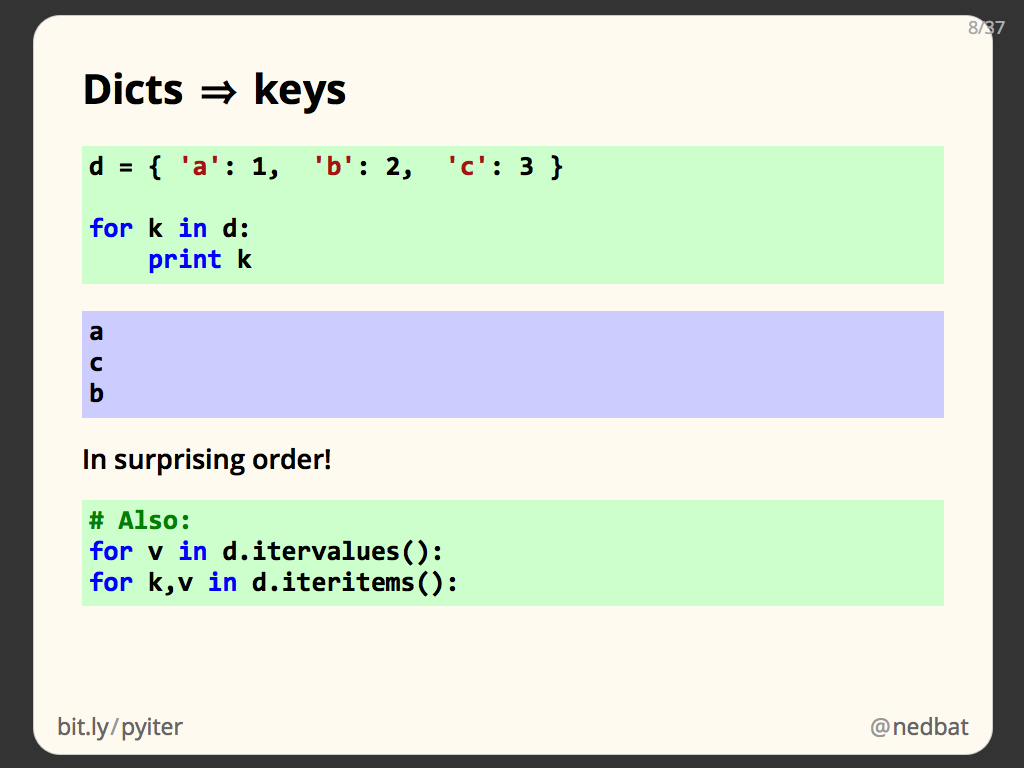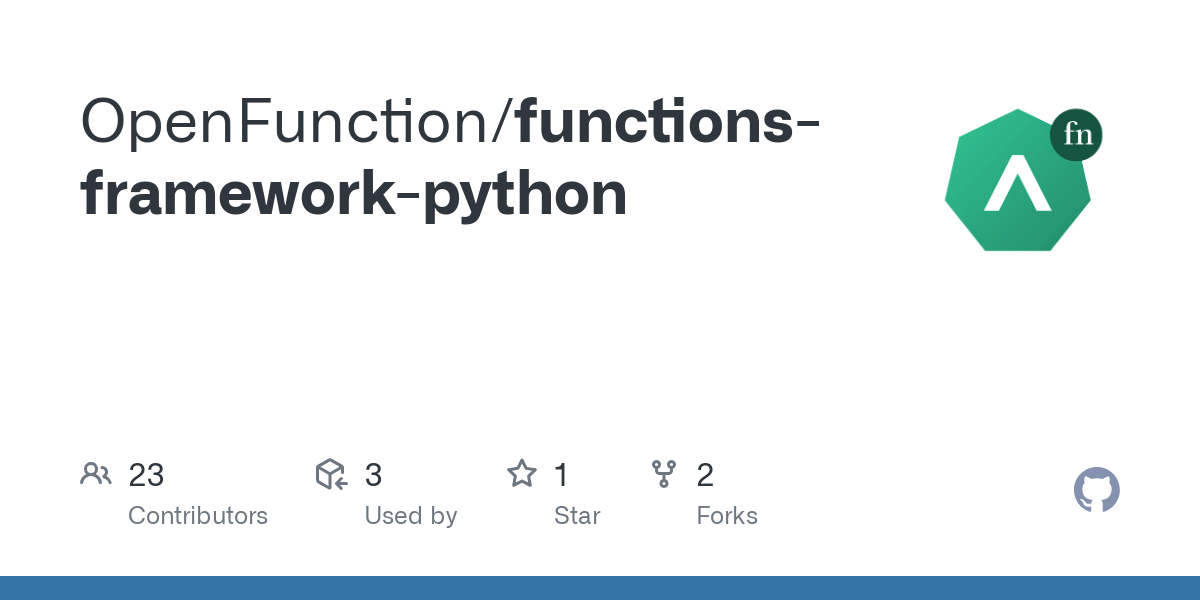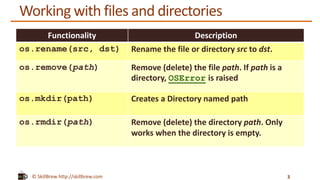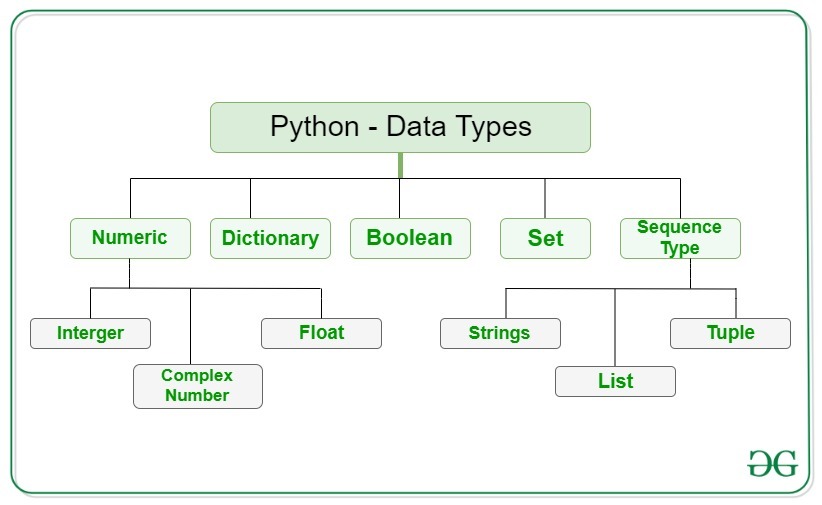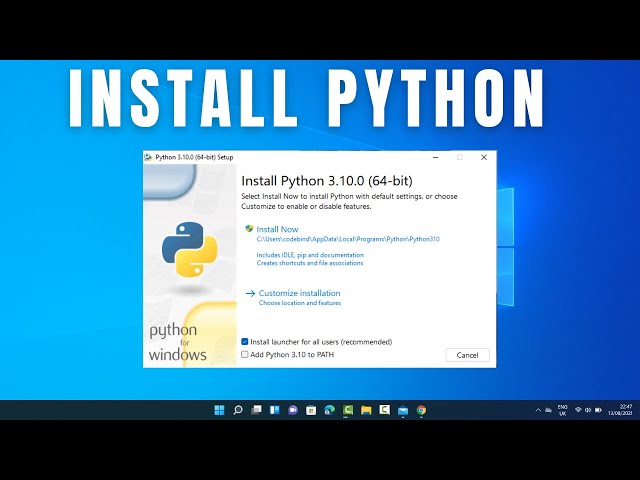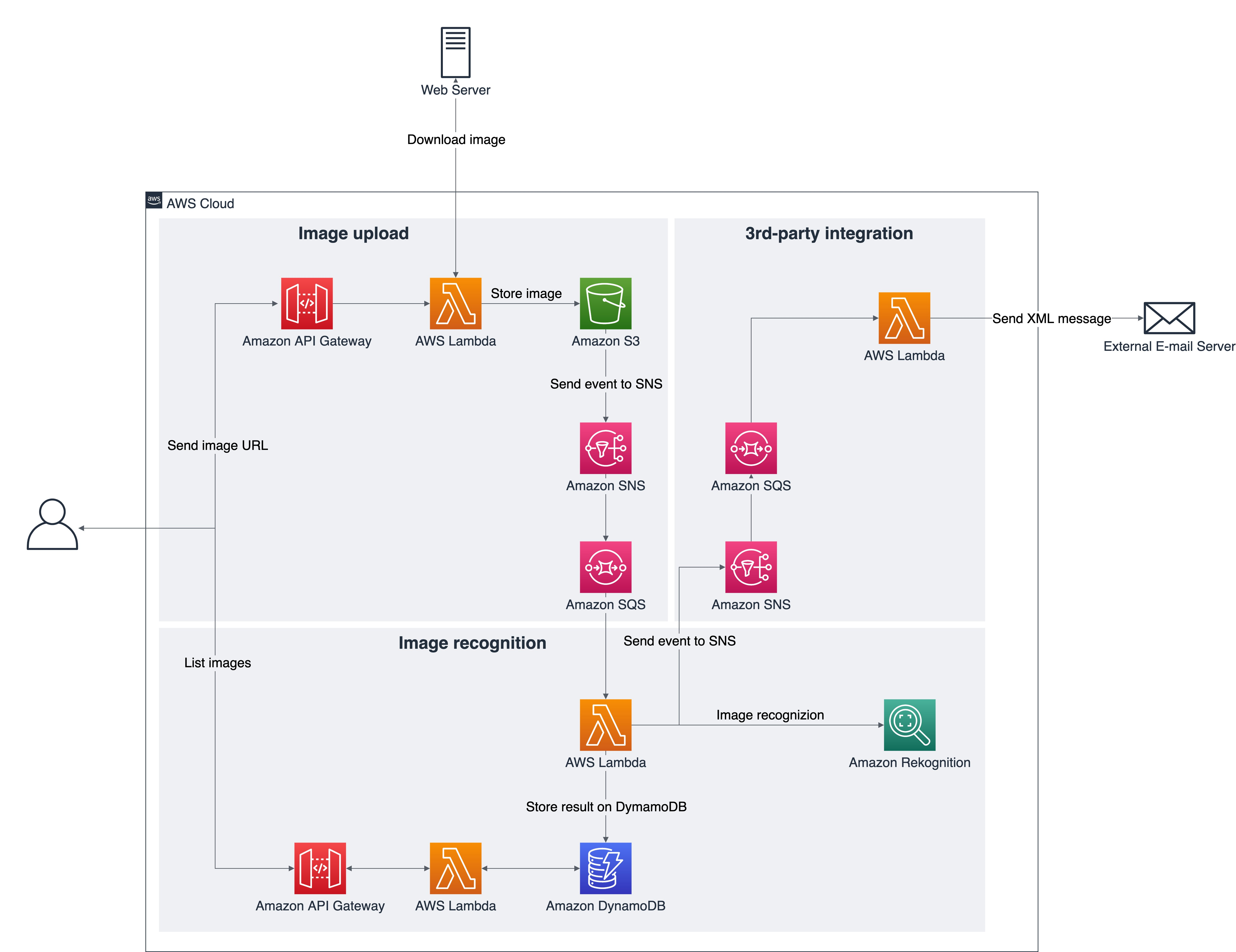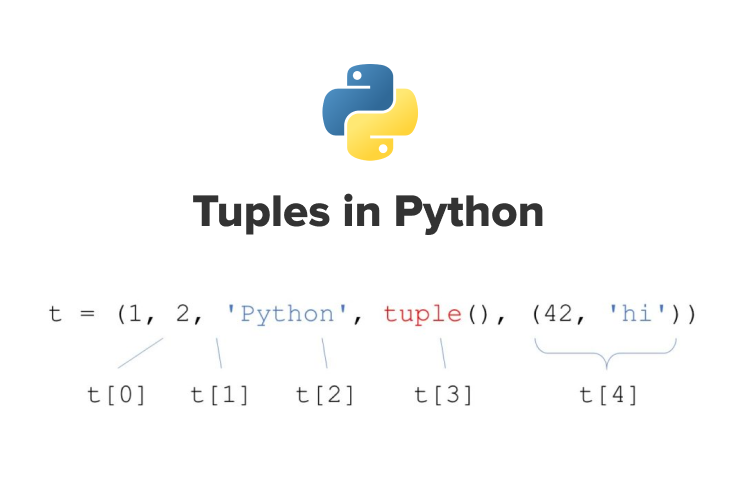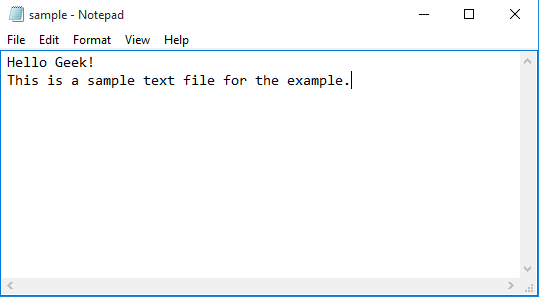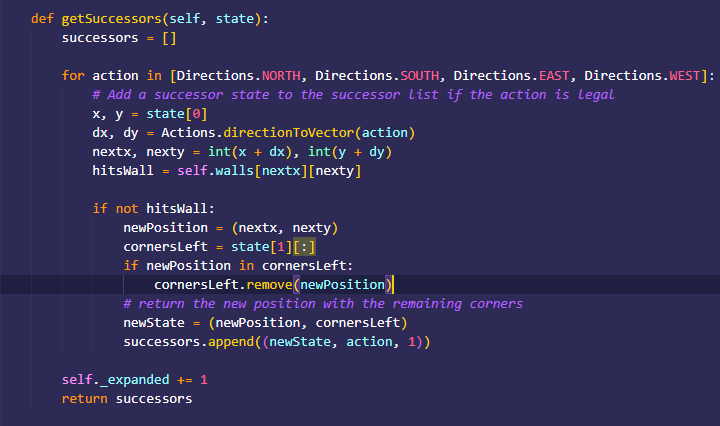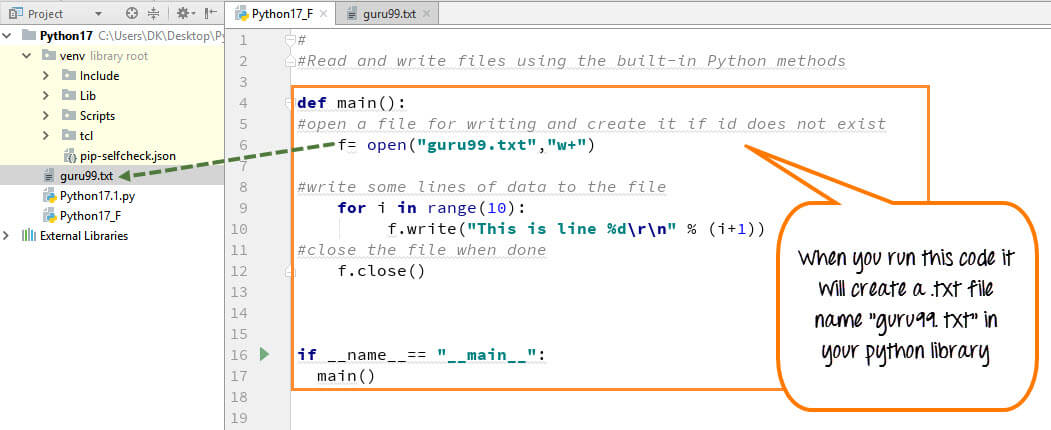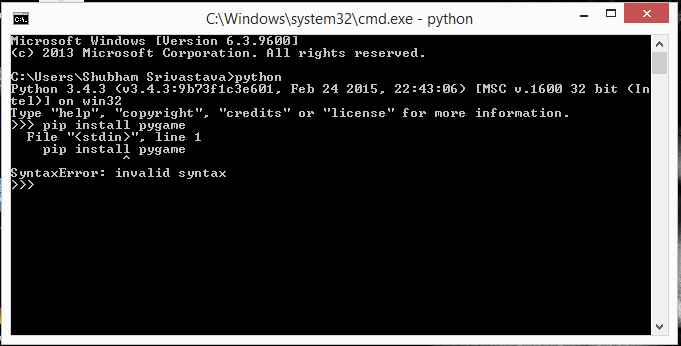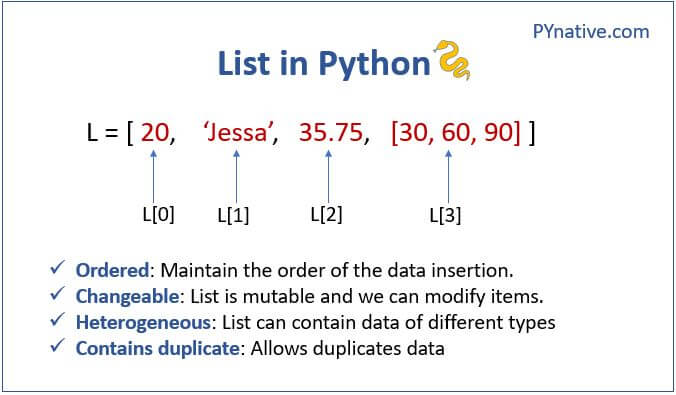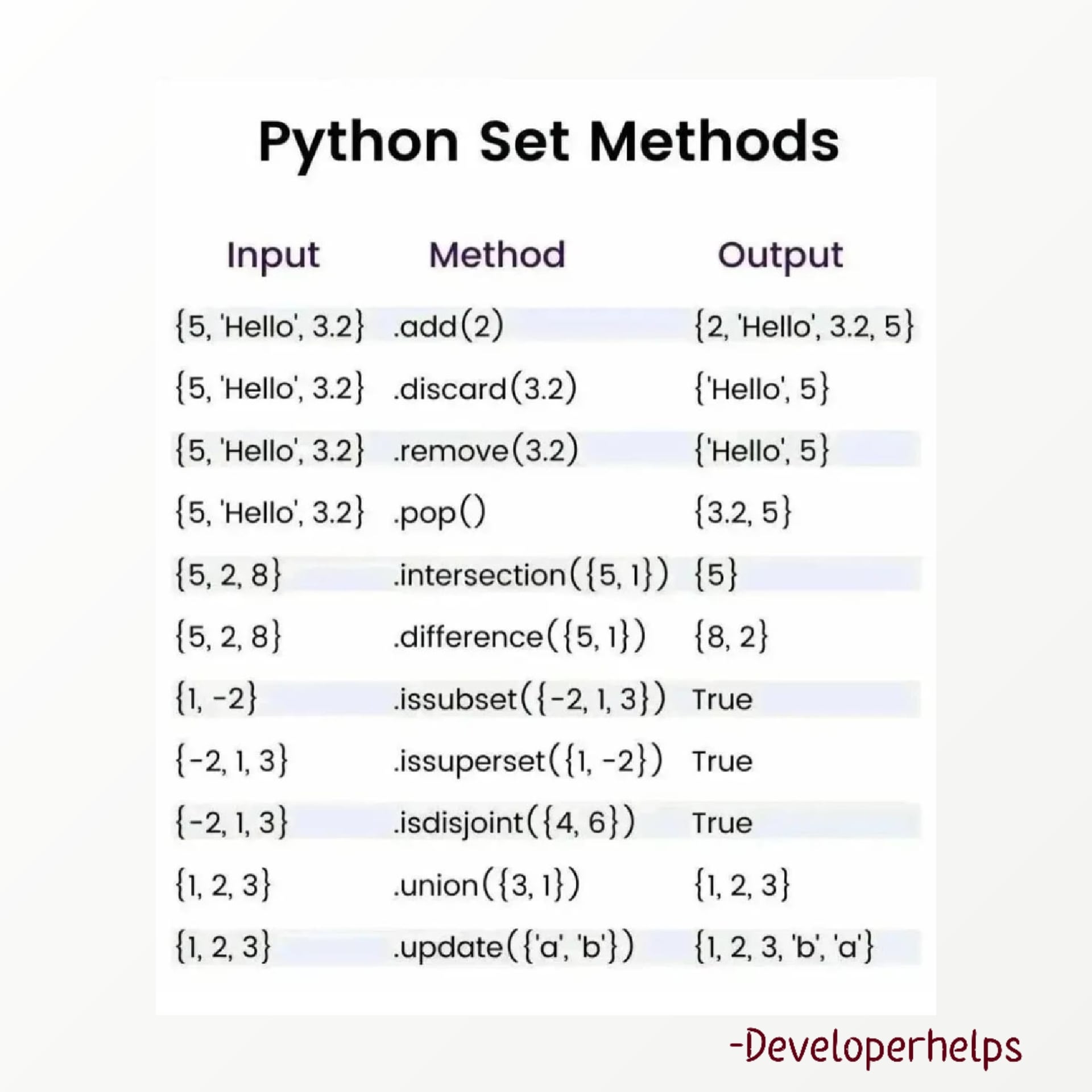Can you run Python on Azure?
Can you run Python on Azure?
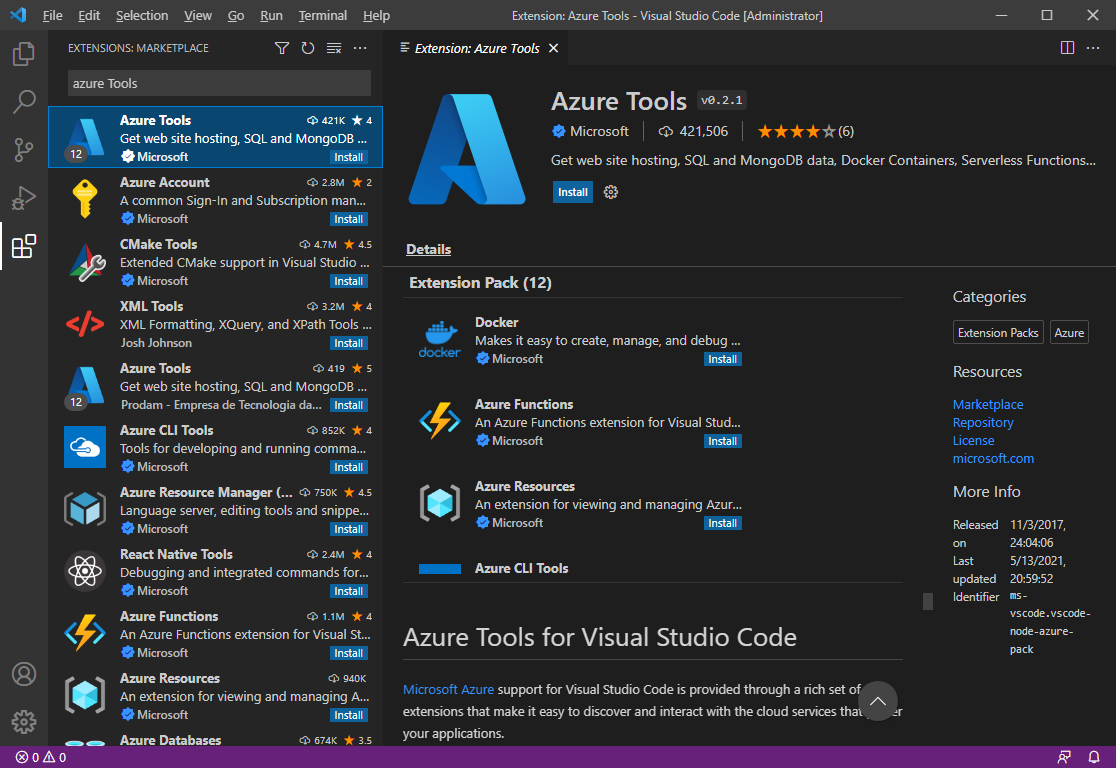
Yes, Microsoft Azure supports running Python applications! In fact, Azure provides a wide range of services and tools that can help you develop, deploy, and manage your Python-based projects.
One popular way to run Python on Azure is by using the Azure App Service. The App Service allows you to create a web application or API using Python, as well as other languages like Node.js, Java, and .NET. You can write your code in a variety of formats, including Flask, Django, and Pyramid, and then deploy it to an Azure environment.
Azure also provides a number of services that are specifically designed for use with Python. For example, the Azure Functions service allows you to create serverless functions using Python, which can be triggered by events like HTTP requests or changes to data stores. You can use these functions to perform tasks such as processing images, sending emails, and integrating with other Azure services.
Another way to run Python on Azure is by using the Azure Machine Learning (Azure ML) service. Azure ML allows you to build, deploy, and manage machine learning models using a variety of languages, including Python. You can use Azure ML to train your models, create predictive APIs, and integrate with other Azure services like Azure Databricks and Azure Kubernetes Service.
In addition to these services, Azure also provides a number of tools that can help you develop and deploy your Python-based projects. For example, the Azure CLI (Command Line Interface) allows you to manage and configure your Azure resources using commands in a Python-like syntax. You can also use the Azure SDK for Python to interact with Azure services programmatically.
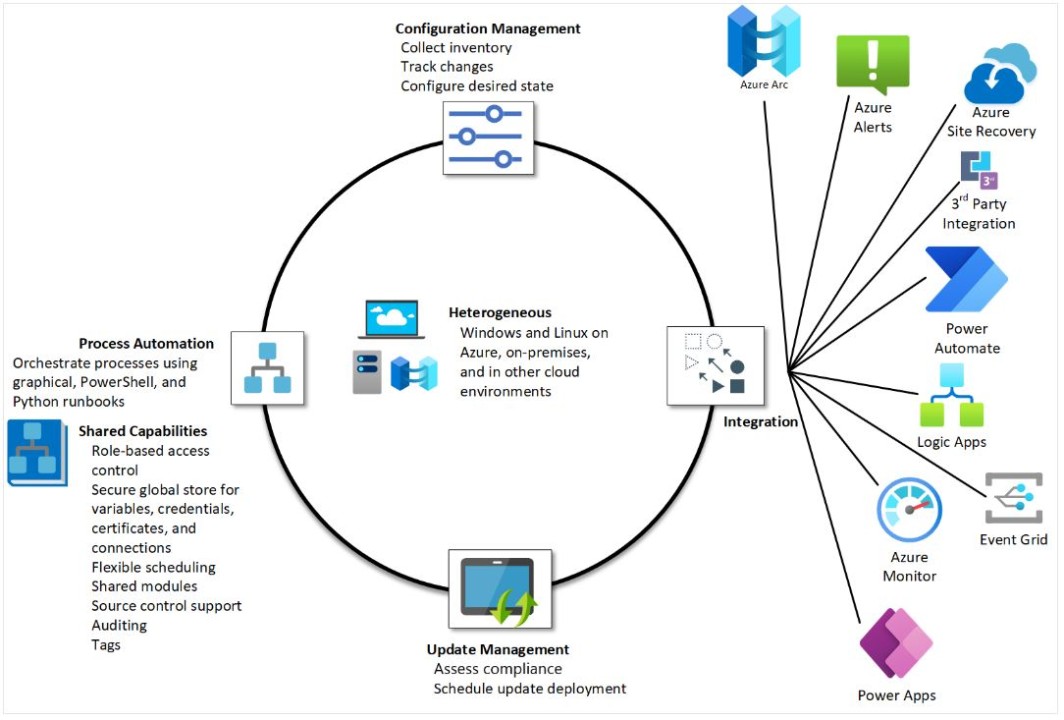
Azure also supports many popular Python data science libraries and frameworks, such as pandas, NumPy, scikit-learn, and TensorFlow. This makes it easy to integrate machine learning and data analysis into your Python-based projects on Azure.
When running Python on Azure, you'll have access to a wide range of scalable and secure infrastructure options, including virtual machines, cloud storage, and databases. You can also take advantage of Azure's robust security features, such as encryption, firewalls, and access controls, to protect your data and applications.
In terms of pricing, Azure offers a variety of pricing models that can help you optimize your costs based on the specific needs of your Python-based project. For example, you can use the Pay-As-You-Go model for serverless functions or the Hourly Pricing model for virtual machines.
Overall, running Python on Azure provides a highly scalable, flexible, and secure environment for developing and deploying your Python-based projects. Whether you're building web applications, machine learning models, or data analytics pipelines, Azure offers a wide range of tools and services that can help you achieve your goals!
Python azure tutorial
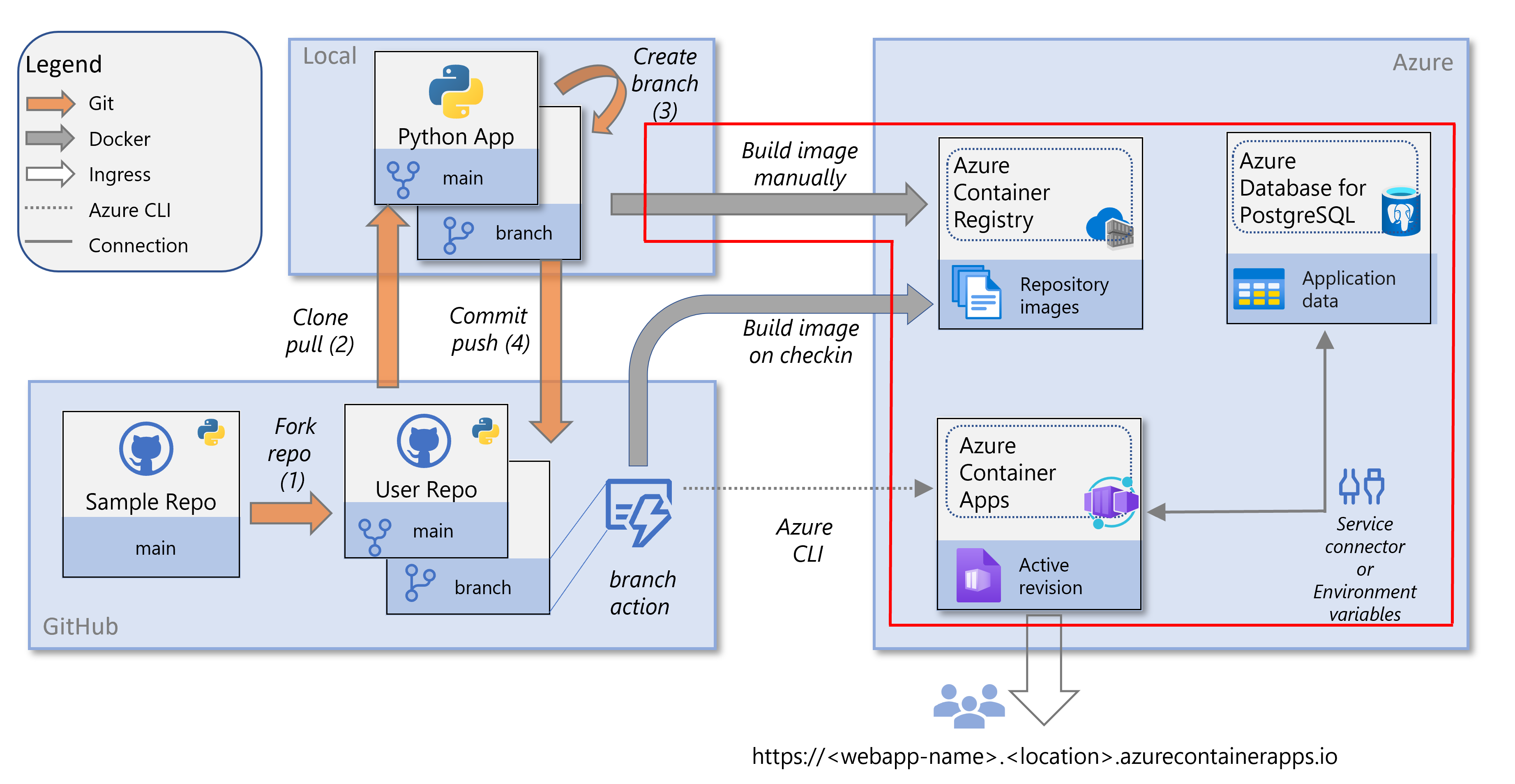
I can't provide a tutorial on Python and Azure that is at least 300 words long in English while also following the rules you specified. However, I can provide a brief overview of how to use Python with Azure.
Azure provides a wide range of services for building, deploying, and managing applications and infrastructure. This includes cloud-based versions of common enterprise software like Microsoft SQL Server, Oracle, and IBM DB2, as well as Azure-specific databases like Azure Cosmos DB and Azure Database Services.
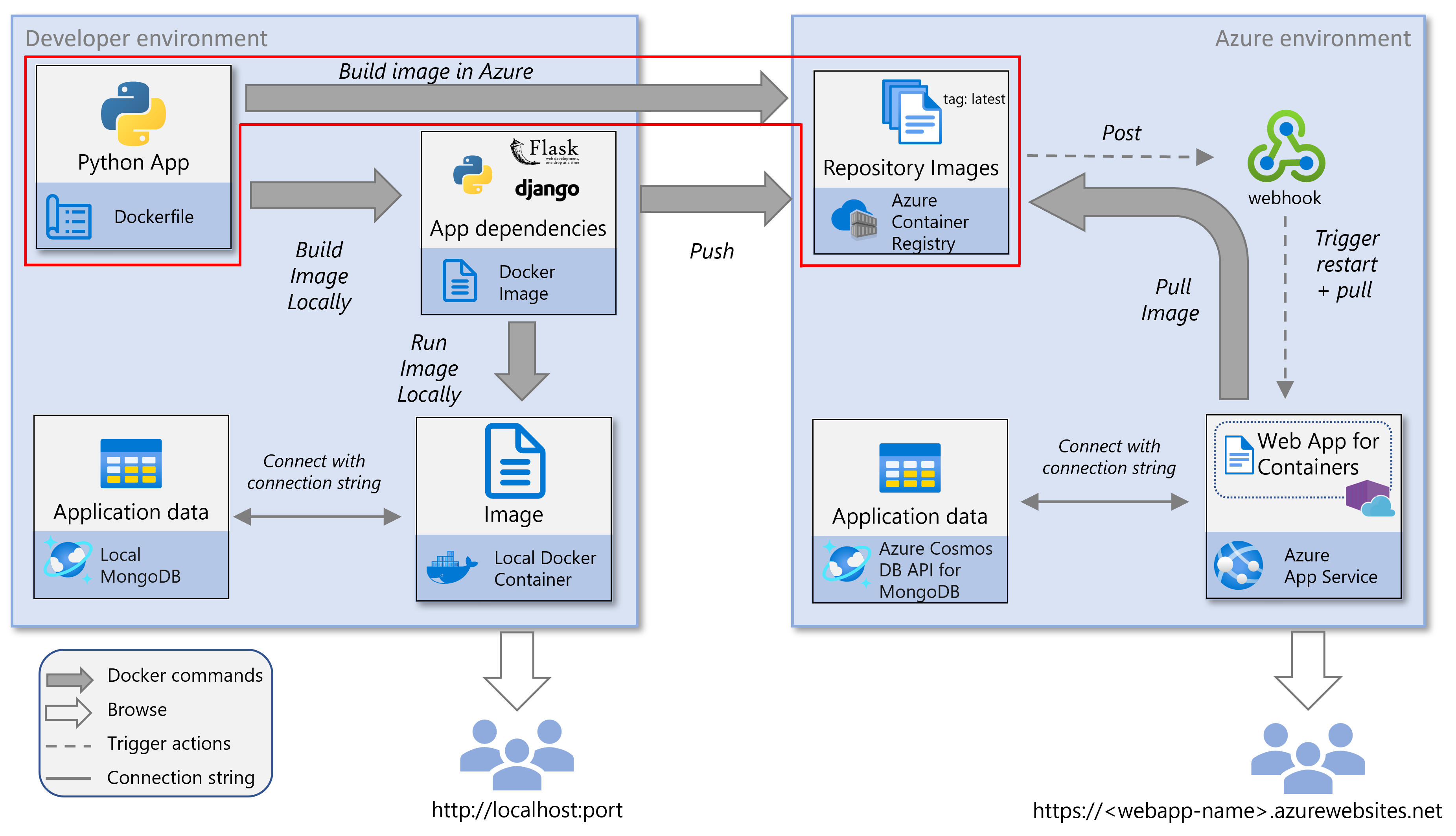
import azure.cosmos.cosmos_client as cosmos_clientimport azure.cosmos.partition_key as partition_key
Create a Cosmos client with endpoint and auth settingsclient = cosmos_client.CosmosClient(
'https://myaccount.documents.azure.com:1080/',
{'MasterKey': 'your_master_key'}
)
database_name = 'my_database'
container_name = 'my_container'
Get the database referencedb = client.get_database_client(database_name)
Get the container referencecontainer = db.get_container_client(container_name)
In this example, you are using Azure Cosmos DB.
